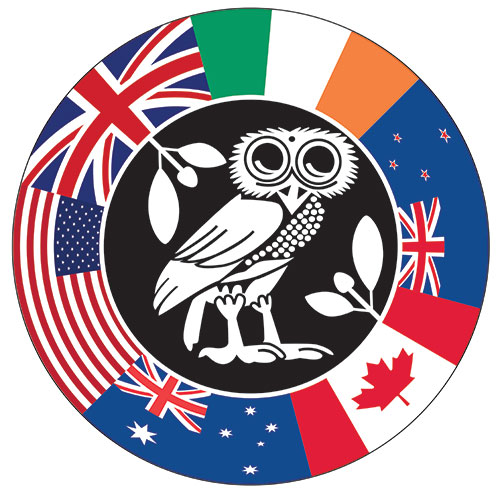 Exercise Athena, one of the first comprehensive international exercises for an animal health emergency, was conducted as a joint activity by the International Animal Health Emergency Reserve (IAHER) signatory countries in late 2016.
Exercise Athena, one of the first comprehensive international exercises for an animal health emergency, was conducted as a joint activity by the International Animal Health Emergency Reserve (IAHER) signatory countries in late 2016.
The exercise comprised two components—international and departmental. The international component involved promoting awareness and support for the IAHER arrangement, which allows signatory countries—Australia, Canada, Ireland, New Zealand, the United Kingdom and the United States—to share personnel in an Emergency Animal Disease (EAD) event. The departmental component investigated the ability of the department to support one or more affected jurisdictions by deploying departmental staff in response to a biosecurity incident.
The aim of Exercise Athena was to assess the IAHER Operations Manual, which guides the use of the IAHER arrangement, and to demonstrate the arrangement’s benefits to all signatory countries and how it can be used in the future.Background
In 2004, the high-level IAHER arrangement between Australia, Canada, Ireland, New Zealand, the United Kingdom and the United States was signed—allowing these countries to share personnel and resources during an exotic animal disease outbreak.
The IAHER network developed a draft operations manual which sets out agreed policies, procedures and templates to enable personnel to be rapidly deployed to a member country during an emergency outbreak. The draft version was endorsed by April 2016 with a requirement that an exercise be held to test the manual.
About the exercise
Exercise Athena was conducted from 21 November to 1 December 2016, involving over 100 participants from IAHER signatory countries. The exercise scenario simulated an outbreak of Foot and Mouth Disease in Australia, with multiple jurisdictions infected.
The exercise was conducted in real-time, in a simulated operational environment, and required participants to perform the functions of their response roles. There were no actual deployments of staff or field operations during the exercise.
Exercise Athena provided an opportunity for signatory countries to practice their roles in the IAHER arrangement. At the departmental level, it also provided an opportunity to train and raise awareness for staff in relation to the requirements of participating in a response. Australia had to identify the type of personnel/skills and resources it required to manage the outbreak, while the donor countries had to identify, select and prepare personnel for deployment under the IAHER Arrangement. Any lessons identified were incorporated into the manual, with a view to having the final manual endorsed in 2017.
Exercise outcomes
Subsequent evaluation confirmed Exercise Athena was successful in meeting its aim and objectives. Key issues were recognized in relation to work health and safety, insurance and financial policies, with further work underway to resolve them. The exercise led to improvements to the IAHER operations manual, which were incorporated into the final version endorsed by April 2017.
As part of the department’s continuous improvement process, Exercise Athena enabled further review of the processes and procedures employed by the department with respect to the identification, selection, deployment and repatriation of staff during responses.
Exercise Athena also helped to foster and strengthen links between the IAHER signatory countries.
For further information about Exercise Athena, please contact the Preparedness section.Exercise Athena—etymology
Athena is the Greek goddess of wisdom, courage, inspiration, civilisation, law and justice, strategic warfare, mathematics, strength, strategy, the arts, crafts, and skill.
She is known most specifically for her strategic skill in warfare and is often portrayed as companion of heroes and is the patron goddess of heroic endeavour.
